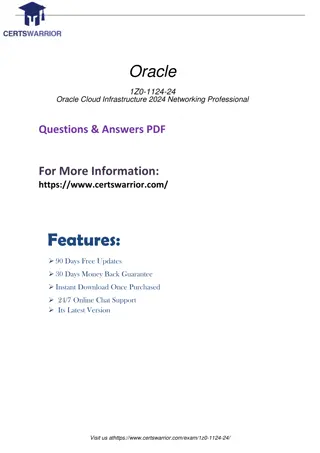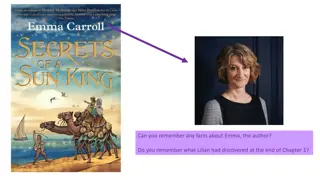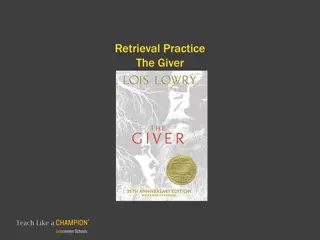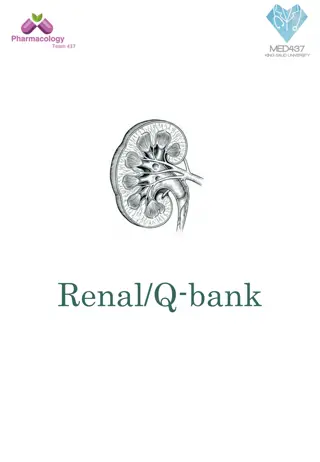
Reformers and Ideals of the 1800s: Lessons in Social Change
Explore the influential figures and key themes of the 1800s focusing on reform movements and societal changes. Learn about Protestant revivalist Charles Grandison Finney's emphasis on personal reform, the social conditions that nurtured transcendentalism and utopian communities, Horace Mann's advocacy for free public education, Dorothea Dix's impact on mental health reform, and more. Delve into the religious, philosophical, and social aspects that shaped this pivotal era of transition and transformation in American history.
Download Presentation

Please find below an Image/Link to download the presentation.
The content on the website is provided AS IS for your information and personal use only. It may not be sold, licensed, or shared on other websites without obtaining consent from the author. If you encounter any issues during the download, it is possible that the publisher has removed the file from their server.
You are allowed to download the files provided on this website for personal or commercial use, subject to the condition that they are used lawfully. All files are the property of their respective owners.
The content on the website is provided AS IS for your information and personal use only. It may not be sold, licensed, or shared on other websites without obtaining consent from the author.
E N D
Presentation Transcript
1. What idea did Protestant revivalist Charles Grandison Finney emphasize in his sermons? Second Great Awakening Religious reformation Main idea: Everyone has the power to reform himself Lyman Beecher added to this: people reform selves leads to good people living in a good country
2. What social conditions contributed to the growth of transcendentalism, the temperance movement, and utopian communities? Poverty, alcoholism, illiteracy, overcrowded housing, poor healthcare, abuse of women, declining moral values
3. Why did Horace Mann favor free public education? Democracy cannot survive without literate people Learn to read, write, and become good citizens Education also taught manners, discipline, religion, respect The absolute right to an education of every human being that comes into the world NOT in Constitution Many women and African Americans denied right
4. What impact did Dorothea Dix have on prison reform during the mid-1800s? Visited hospitals and focused on mentally ill Treated them as patients, not prisoners Led to greater awareness of mentally ill Creation of many mental hospitals
5. Your Reformer Horace Mann, Dorothea Dix, Charles Grandison Finney, Ralph Waldo Emerson, Henry David Thoreau
Key Themes and Ideas 1800s were NOT a pleasant time period See question 2 Reforms were need to improve society Religious- Protestant Philosophical- Transcendentalist Def- instinct and spiritual > observation Social- Temperance and Abstinence Educational Reforms not completely successful Segregation, poverty, and laziness often succeeded






















